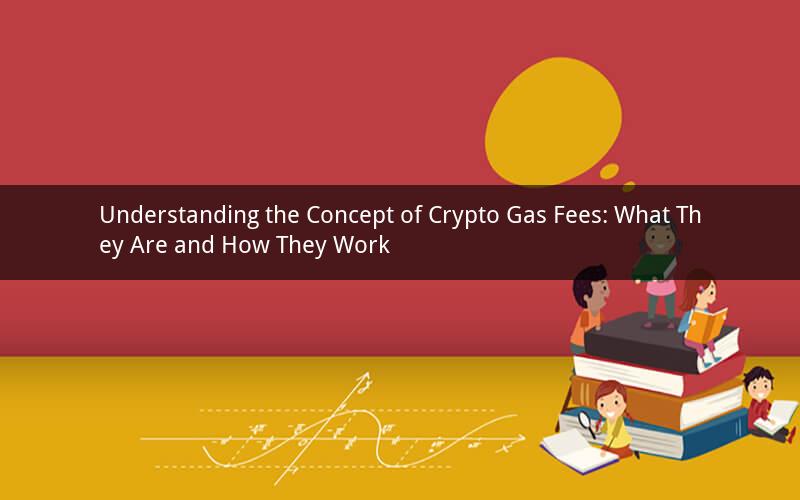
In the world of cryptocurrencies, gas fees have become an integral part of the process. Whether you are a beginner or an experienced investor, understanding how gas fees work is crucial. This article delves into the concept of crypto gas fees, explaining what they are, how they are calculated, and their impact on the cryptocurrency ecosystem.
What is a Crypto Gas Fee?
A crypto gas fee is a small amount of cryptocurrency that is paid to miners or validators to process transactions on a blockchain network. It acts as a reward for the computational work done by these nodes to ensure the smooth functioning of the network. Gas fees are typically paid in the native cryptocurrency of the blockchain, such as Ethereum's ETH.
The Purpose of Gas Fees
The primary purpose of gas fees is to incentivize miners or validators to process transactions promptly. As the demand for transaction processing increases, so does the competition among miners. By introducing gas fees, the network encourages miners to prioritize transactions with higher fees over those with lower fees, ensuring that the most urgent transactions are processed first.
How Gas Fees Are Calculated
Gas fees are calculated based on the amount of computational work required to process a transaction. This work is measured in terms of gas units, which are specific to each blockchain network. The more complex a transaction is, the more gas units it will consume.
Each blockchain network has its own pricing structure for gas fees. For example, Ethereum uses a fixed price per gas unit, which is determined by market demand. As the demand for transaction processing increases, the price per gas unit tends to rise, resulting in higher gas fees.
The Impact of Gas Fees on the Cryptocurrency Ecosystem
Gas fees have several significant impacts on the cryptocurrency ecosystem:
1. Transaction Speed: Higher gas fees often lead to faster transaction processing. By incentivizing miners to prioritize transactions with higher fees, the network ensures that urgent transactions are processed quickly.
2. Network Congestion: During times of high network activity, such as when a new token is launched or when there is a surge in demand for a particular cryptocurrency, gas fees can skyrocket. This congestion can lead to delays in transaction processing and increased costs for users.
3. User Experience: High gas fees can be discouraging for new users, as they may perceive the network as expensive and difficult to use. Lower gas fees, on the other hand, can make the network more accessible and user-friendly.
4. Blockchain Scalability: Gas fees play a crucial role in determining the scalability of a blockchain network. High gas fees can discourage users from transacting on the network, leading to congestion and decreased adoption.
5. Incentivizing Miners and Validators: Gas fees provide a financial incentive for miners and validators to maintain the network. By rewarding them for their computational work, gas fees ensure the sustainability of the network.
Frequently Asked Questions (FAQs)
1. What is the difference between gas fees and transaction fees?
Gas fees are the amount of cryptocurrency paid to miners or validators for processing a transaction, while transaction fees refer to the total cost of a transaction, including gas fees and any other charges.
2. Can gas fees be refunded?
In most cases, gas fees cannot be refunded. Once a transaction is processed, the gas fee is paid to the miner or validator, and it is non-refundable.
3. How can I estimate my gas fees?
To estimate your gas fees, you can use a gas fee estimator tool available on various cryptocurrency platforms. These tools calculate the estimated gas fees based on current market conditions and the complexity of your transaction.
4. Can I reduce my gas fees?
Yes, you can reduce your gas fees by choosing a lower priority transaction. This means that your transaction will be processed at a later time, but it will cost less in terms of gas fees.
5. How do gas fees affect the value of cryptocurrencies?
Gas fees do not directly affect the value of cryptocurrencies. However, high gas fees can lead to network congestion and decreased user experience, which may indirectly impact the adoption and value of cryptocurrencies.
In conclusion, crypto gas fees are an essential aspect of the cryptocurrency ecosystem. Understanding how gas fees work, their impact on the network, and how to manage them can help users make informed decisions and navigate the world of cryptocurrencies more effectively.